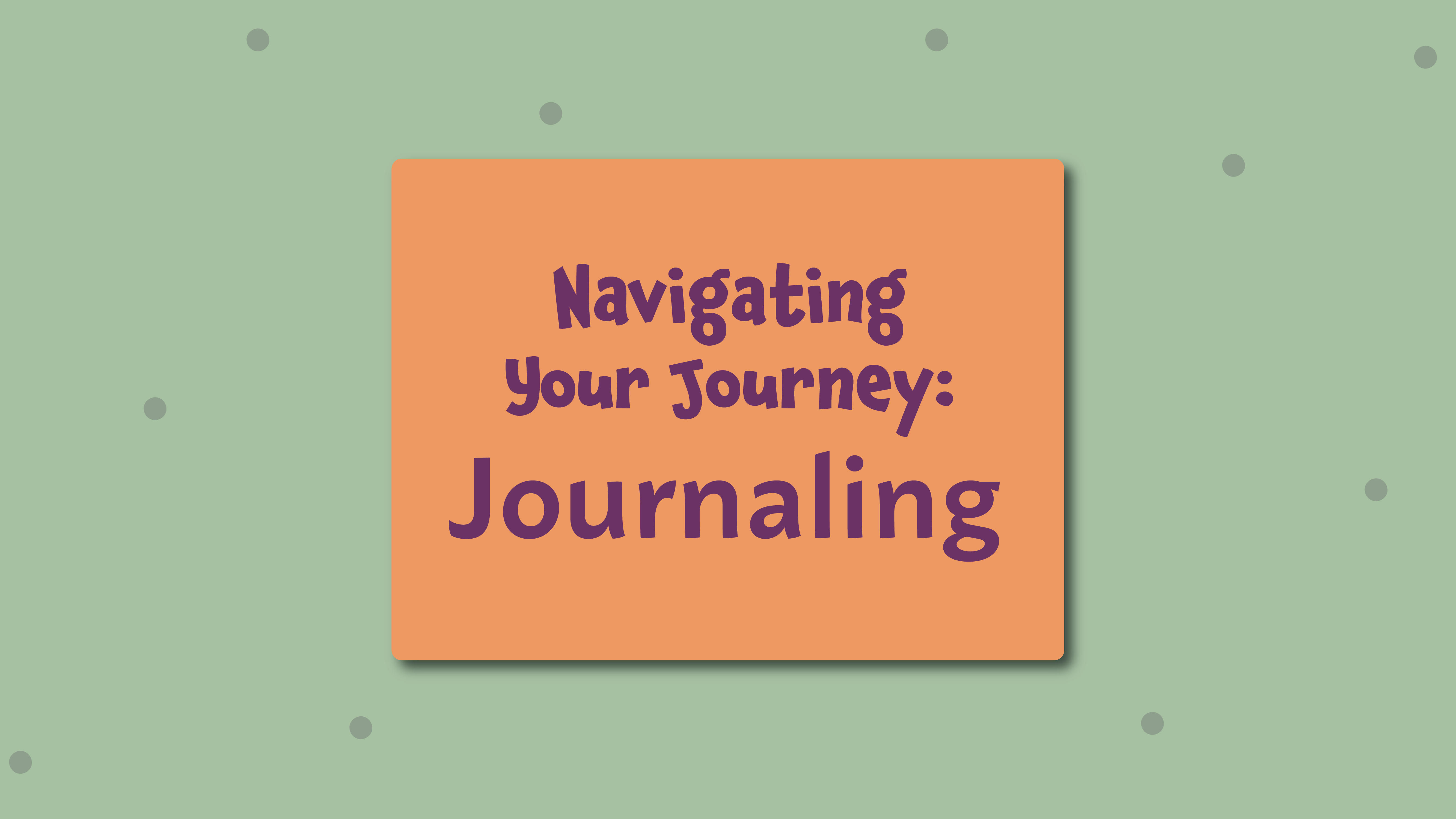
Living with a chronic illness can sometimes feel like you’re lost in a labyrinth with no clear exit. Between the rollercoaster of emotions, the constant uncertainties, and the mental hurdles, it’s easy to feel overwhelmed. But fear not! Amidst this whirlwind, there’s a trusty tool that can offer a lifeline of clarity, solace, and even empowerment: journaling.
At its core, journaling is the simple act of putting your thoughts into words—whether you’re scribbling with a pen or tapping away on your keyboard. Yet, this humble practice packs a punch, especially for those navigating the twists and turns of chronic illness.
Journaling offers a private, judgment-free space to release frustrations, fears, and anxieties without reserve. Putting thoughts to paper—or screen—allows you to process emotions that might otherwise stay bottled up, giving you a sense of relief and emotional balance. This habit of reflection doesn’t just lighten the load; it helps you understand your own patterns and identify what influences your mood. Over time, journaling can become a powerful tool for finding clarity, reducing stress, and fostering a sense of calm and self-awareness in your day-to-day life.
Journaling serves as a mirror, offering a clearer view of your inner world and how your chronic condition weaves into everyday life. By taking time to document daily experiences, emotions, and physical responses, you gain valuable insights that can be truly transformative. This practice reveals patterns in your symptoms, highlights specific triggers, and deepens your understanding of the highs and lows in your health journey. With each entry, journaling empowers you to make more informed decisions, recognize what supports your well-being, and navigate challenges with a greater sense of clarity and control.
When it comes to navigating life with chronic illness, feeling empowered can be transformative. Journaling offers a unique space where you can actively take the reins of your story. By putting your experiences, challenges, and victories into words, you can begin to see yourself as more than your diagnosis—you become your own advocate, fully equipped to recognize and express your needs.
In these pages, your voice matters. It’s a safe, private platform to track patterns, clarify goals, and acknowledge each step forward, however small. This process isn’t just reflective; it’s a powerful act of self-advocacy and resilience, one that reinforces your sense of control and connection to your journey.
Journaling can be a powerful solo journey but it becomes even more transformative when shared with a community of like-minded individuals. Expressing your experiences in a supportive space—whether through sharing specific journal entries, reflections, or insights—fosters connection and understanding. In online communities and support groups, your story becomes a way to both offer and receive validation, creating a sense of belonging and solidarity.
By opening up about your challenges and triumphs, you’re not just finding comfort; you’re also helping others feel less alone. This shared journaling experience reminds you that, although each path is unique, there are others who understand, empathize, and celebrate alongside you.
Journaling is more than a way to organize your thoughts; it’s a powerful tool for stress relief. Research shows that regularly writing down your thoughts, feelings, or simply reflecting on your day can help lower cortisol levels, the body’s stress hormone. This practice gives you a safe space to process emotions, release tension, and even gain perspective on what’s weighing you down. Think of it as hitting the pause button on life’s daily pressures—a dedicated time to unwind, recalibrate, and find a sense of inner calm.
By taking a few minutes to journal, you create a habit that promotes relaxation, reduces anxiety, and fosters emotional resilience. It’s a simple but effective way to find peace amid the rush of daily life, helping you return to your day with a clearer mind and a lighter heart.
Got goals? Journaling is an ideal place to capture, refine, and track them with intention. From establishing routines to reaching life-changing milestones, writing down your aspirations transforms them from thoughts to tangible steps. Celebrate small wins, like consistently sticking to a medication schedule or adding new self-care practices, and map out larger goals like exploring new treatment options or lifestyle changes. Journaling helps you break down each objective, reflect on your progress, and stay motivated. By regularly checking in, you create a roadmap that supports your path toward well-being, one goal at a time.
Journaling is a powerful tool for personal growth, offering a dedicated space to reflect on your experiences and emotions. By putting pen to paper (or finger to screen), you can process challenges, uncover patterns in your thoughts and behaviors, and learn from the obstacles you’ve faced. This process helps you gain clarity and insight, fostering emotional resilience and a deeper understanding of yourself. Over time, journaling encourages you to celebrate your victories—big or small—boosting your confidence and inner strength as you navigate life’s ups and downs. It’s not just about recording your journey, but about transforming it into an opportunity for healing and continuous personal development.
Journaling isn’t just a practice; it’s a powerful ally in your journey through chronic illness. It offers a treasure trove of benefits for emotional, physical, and psychological well-being. So, grab that pen or fire up our journaling app and start exploring the rewards of journaling today. Your adventure towards empowerment, healing, and self-discovery awaits!
Remember, you’re not alone in this journey. Together, we can tackle the challenges of chronic illness with courage, strength, and hope.
The information provided is for educational purposes only and is not a substitute for professional medical advice. Consult a medical professional or healthcare provider if you’re seeking medical advice, diagnoses, or treatment.